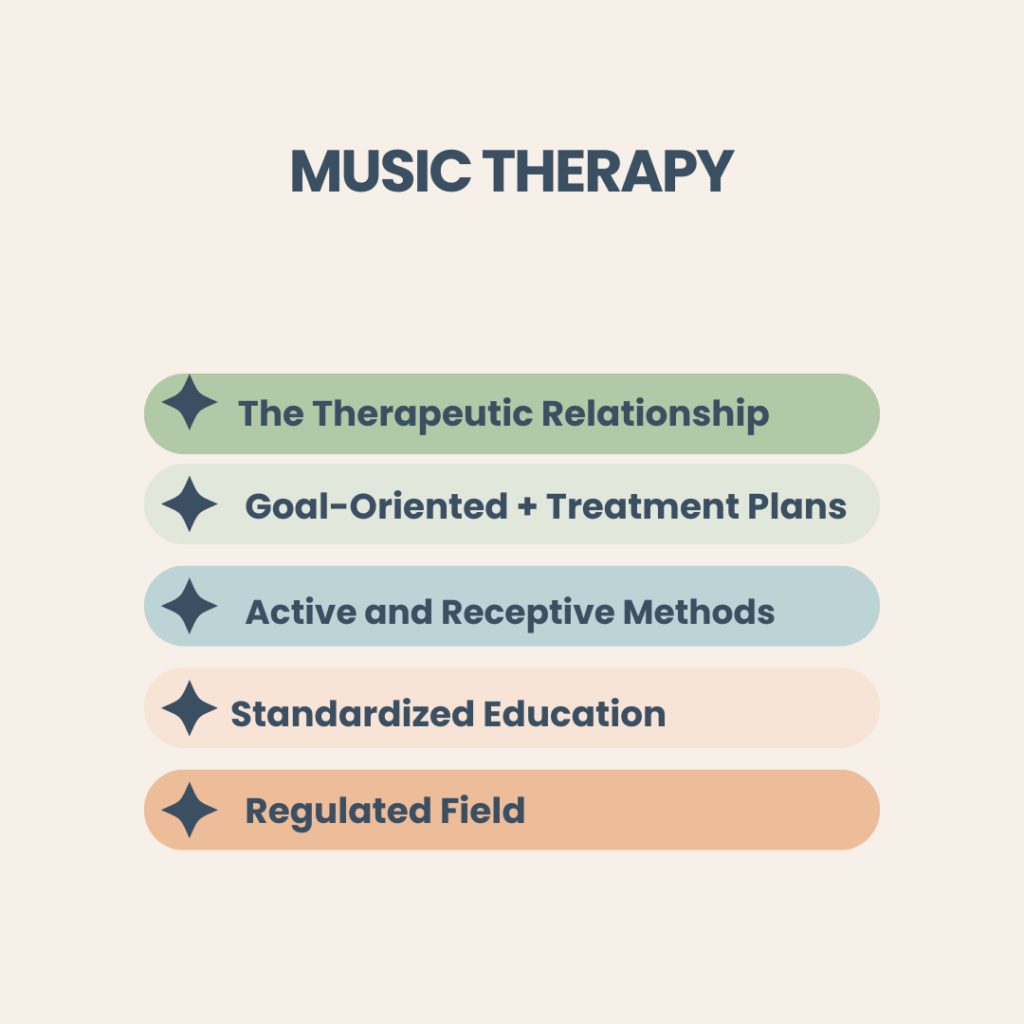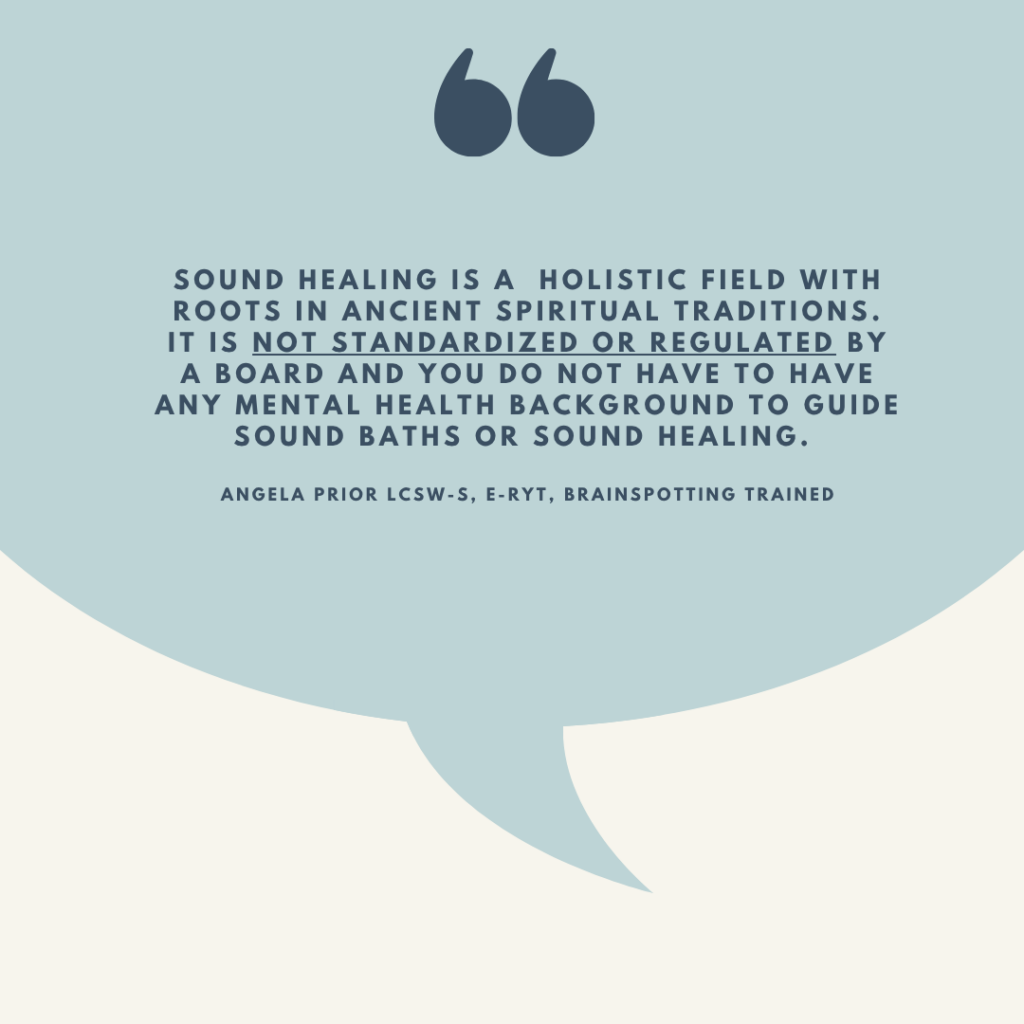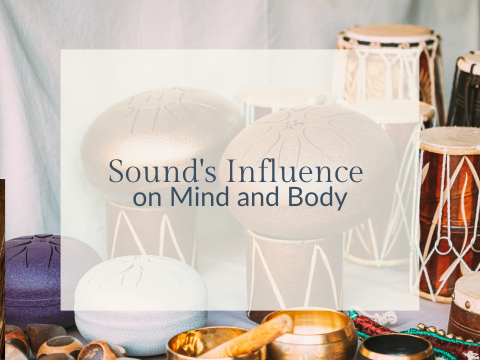Angela Prior
lcsw, ryt, ciec
hey there!
The AP blog is here for all things mental health, embodiment, yoga, and burnout. Poke around and take what you need.
meet angela
Sound’s Influence on Mind and Body
June 26, 2025
Sounds Influence Have you ever been listening to a certain type of song, beat, or a sound and the feels start? How one minute you feel totally fine and the next you are crying? I know for me music can totally change my mood. I even have different music types for different activities and things. How does music affect mood?
When I’m doing therapy notes or creative work I prefer to listen to soft instrumental spa like music. Doing a presentation? I need something with a strong beat like “7 Nation Army” by the Whitestripes. If I need a good cry? You better believe I’m putting something very sappy on. What about when you are watching a movie; can you even imagine the Star War’s movies without their intro song?!
Have you ever wondered why music can affect your mood and body?
Sounds Influence on Mind and Body
Music research has shown us that sound has a profound impact on human consciousness, physiology, and emotion. Basically that music affects mood and body. The premise is that auditory stimuli can:
- Influence Brainwave States: Theory of brainwave entrainment posits that the brain’s electrical cycles will synchronize with the rhythm and frequency of external auditory stimuli.
- Physiological Responses: Sound vibrations can directly affect your body. Directly impacting your parasympathetic nervous system response such as slower heart rate, deeper breathing, and a reduction in blood pressure .
- Emotional and Psychological Change: Sound can make us feel things by evoking memories, emotions, and shifting mood.
Differences in Sound Healing and Music Therapy?
At first glance, sound healing and music therapy can appear similar as there is overlap. While they share a common medium their underlying theories, professional frameworks, and applications reveal two distinctly different fields of practice.

Music Therapy
Music therapy is a clinical and evidence-based profession practiced by credentialed professionals (MT-BC, or Music Therapist – Board Certified). MT theories are rooted in psychology, neuroscience, and developmental science. In music therapy, you can expect to find the same standards and theoretical underpinnings of mental health therapy. Differences being the modality and medium which including Sounds Influence and music.
What to expect in music therapy:
The Therapeutic Relationship:
Music therapy like all therapy approaches highlights the therapeutic relationship and alliance as core to the process and making change.
Goal-Oriented and Individualized Treatment:
Music therapy sessions have structure. Such as specific, measurable goals tailored to the individual’s needs, whether they are physical, emotional, cognitive, or social. These goals could range from improving motor skills to facilitating emotional expression in an individual with trauma.
Active and Receptive Methods:
Music therapists employ a wide range of techniques. Including creating music (improvising, songwriting), re-creating music (playing or singing existing pieces), and receptive listening, where the therapist guides the client through a specific listening experience to elicit a therapeutic response.
Standardized Education and Regulation: Music therapists undergo rigorous academic and clinical training and must pass a national board certification exam. In many states, music therapy is a licensed profession, ensuring a standard of care and ethical practice.

Sound Healing
Sound healing is a holistic field with roots in ancient spiritual traditions. It lacks a standardization or regulation by a board. Meaning you do not have to have any mental health background to guide sound baths or sound healing.
- Resonance and Frequency: A central theory in sound healing is the principle of resonance, which suggests that the vibrations of the instruments can restore the body’s own natural vibratory frequencies to a state of harmony.
- Vibrational Impact: Sound healing places a strong emphasis on the physical sensation of vibration. Instruments like singing bowls and gongs are used to “bathe” the recipient in sound
- Intuitive and Spiritual Focus: The practice is often more intuitive and spiritually oriented. It can be deeply therapeutic, the primary goal is often to induce deep relaxation, quiet the mind, and facilitate a connection to a higher state of consciousness, rather than targeting specific clinical outcomes.
- No Regulation: Sound healing is currently an unregulated field. Many practitioners are highly skilled and knowledgeable, there is no standardized training, certification, or licensure requirement.
Music Therapy is an experiential evidenced based and researched therapeutic approach to mental health and health care alike. Sound healing is a holistic practice that can be a supportive practice to wellness and wellbeing. It is clear music affects mood and body and both music therapy and sound healing can be beneficial and supportive.

eight free meditations
To Support Your Mental Health
Let's Work Together
Meet Our Team of Therapists + Yoga Instructors